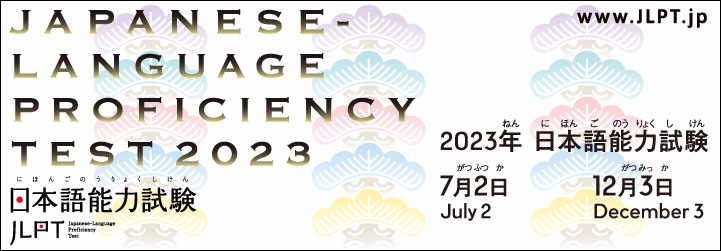The Japanese Language Proficiency Test (JLPT) serves as a benchmark for measuring proficiency in the Japanese language. Whether you’re studying Japanese for academic or career purposes or simply to deepen your understanding of the language and culture, the JLPT provides a structured framework for assessing your abilities. To maximise your chances of success, it is essential to approach JLPT preparation strategically and efficiently. In this article, we will guide you through the steps and offer practical tips on how to prepare effectively for the JLPT.

Understanding the JLPT Levels
The JLPT is divided into five levels, from N1 (the highest) to N5 (the lowest). Each level tests different aspects of language proficiency, including vocabulary, grammar, reading comprehension, and listening skills. Before embarking on your preparation journey, assess your current proficiency level and determine the appropriate JLPT level to target.
Setting Realistic Goals
Establishing clear goals is crucial for a successful JLPT preparation. Determine the specific level you aim to achieve and set a realistic timeline for your study plan. Break down your goals into smaller, manageable milestones to track your progress effectively.
Building Vocabulary and Kanji Skills
Vocabulary and kanji knowledge are essential for JLPT success. Create a systematic study routine to expand your vocabulary by utilising flashcards, mnemonic techniques, and spaced repetition systems. Focus on learning kanji characters, their meanings, and readings, paying attention to common compounds and usage.
Mastering Grammar Structures
Developing a solid understanding of Japanese grammar is vital for JLPT success. Familiarise yourself with the grammar patterns and structures relevant to your target JLPT level. Utilise textbooks, online resources, and grammar reference books to reinforce your knowledge. Practice applying grammar concepts through sentence construction and usage drills.
Improving Reading Comprehension
To excel in the reading section, expose yourself to a wide range of Japanese texts. Read news articles, essays, short stories, and authentic JLPT practice materials. Focus on improving your reading speed, comprehension, and the ability to infer meaning from context. Practice answering reading comprehension questions within time constraints to simulate the exam environment.
Enhancing Listening Skills
Regular listening practice is crucial for success in the JLPT listening section. Engage with a variety of audio resources such as podcasts, news broadcasts, and dialogue-based materials. Practice active listening by noting key points, understanding context, and inferring information. Utilise JLPT-specific listening practice materials to familiarise yourself with the question formats and to hone your listening comprehension skills.
Taking Mock Tests and Reviewing
Mock tests are invaluable in gauging your progress and familiarising yourself with the JLPT format. Take practice exams under timed conditions to simulate the real test environment. Analyse your results to identify areas of weakness and focus your review accordingly. Dedicate time to revisit and reinforce challenging grammar points, vocabulary, kanji, and listening skills.
Cultivating Effective Study Habits
Consistency and regularity are key to successful JLPT preparation. Establish a study routine that suits your schedule and learning style. Create a balanced study plan that incorporates various language skills, and allocate specific time slots for vocabulary building, grammar practice, reading comprehension, and listening exercises. Stay motivated by setting small, achievable goals and rewarding yourself for milestones reached.
Conclusion
Preparing for the JLPT requires dedication, perseverance, and a systematic approach. By understanding the test structure, setting realistic goals, and developing a well-rounded study plan, you can maximise your chances of success. Remember to practice regularly, take advantage of JLPT-specific resources, and focus on areas of weakness. With consistent effort and effective preparation strategies, you can confidently embark on your journey to Japanese language proficiency and conquer the JLPT.










